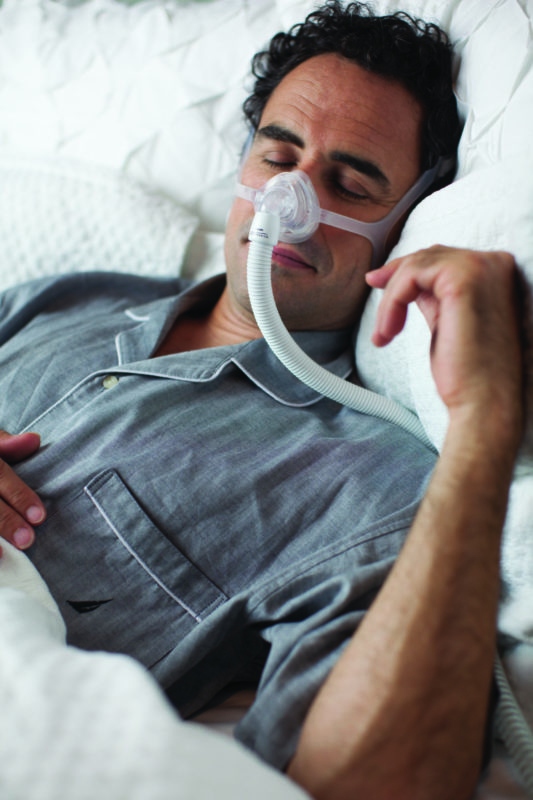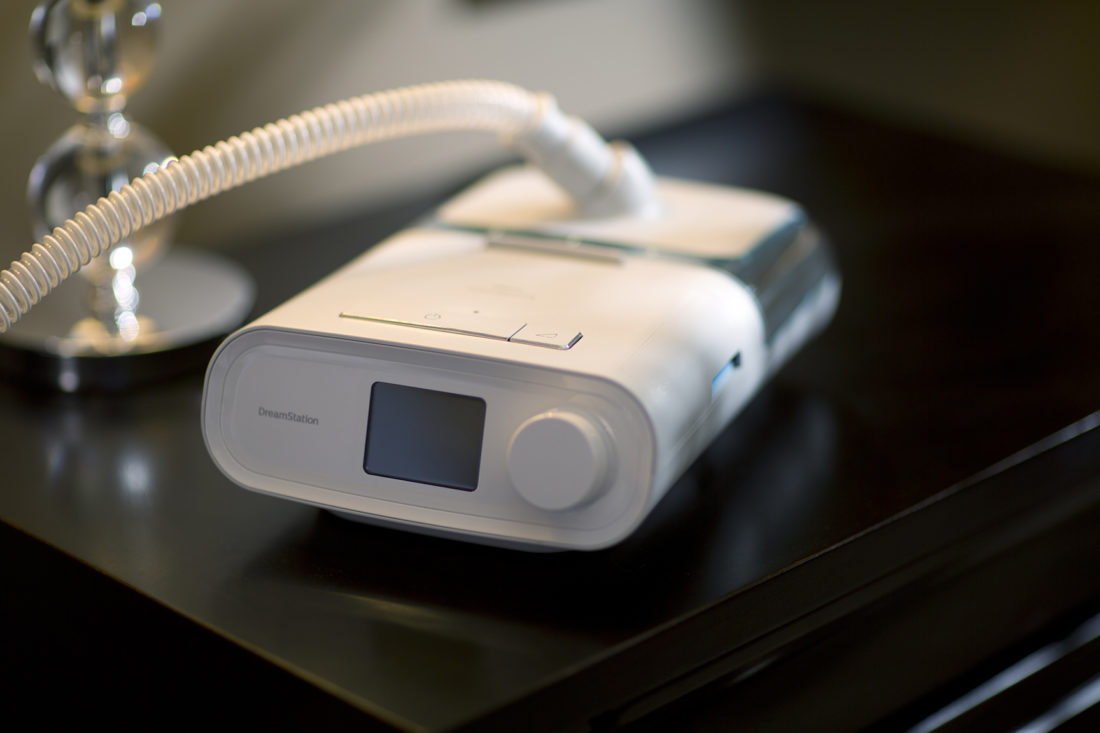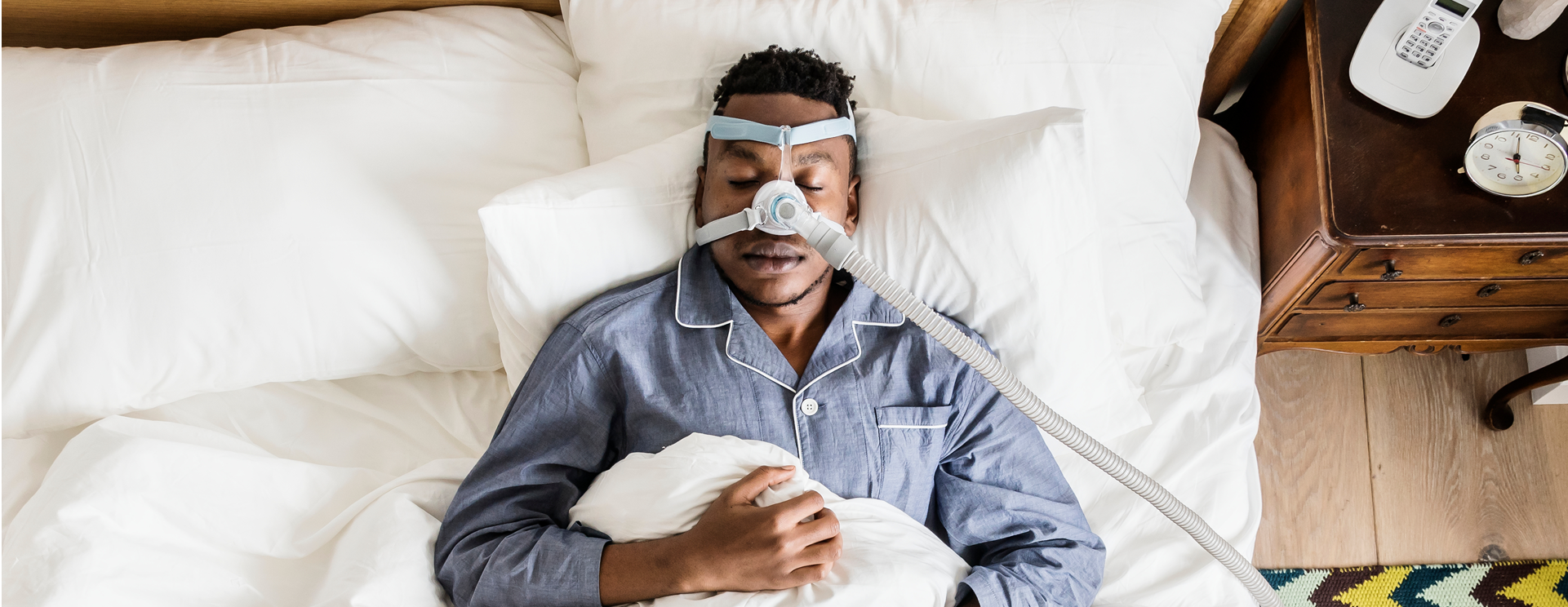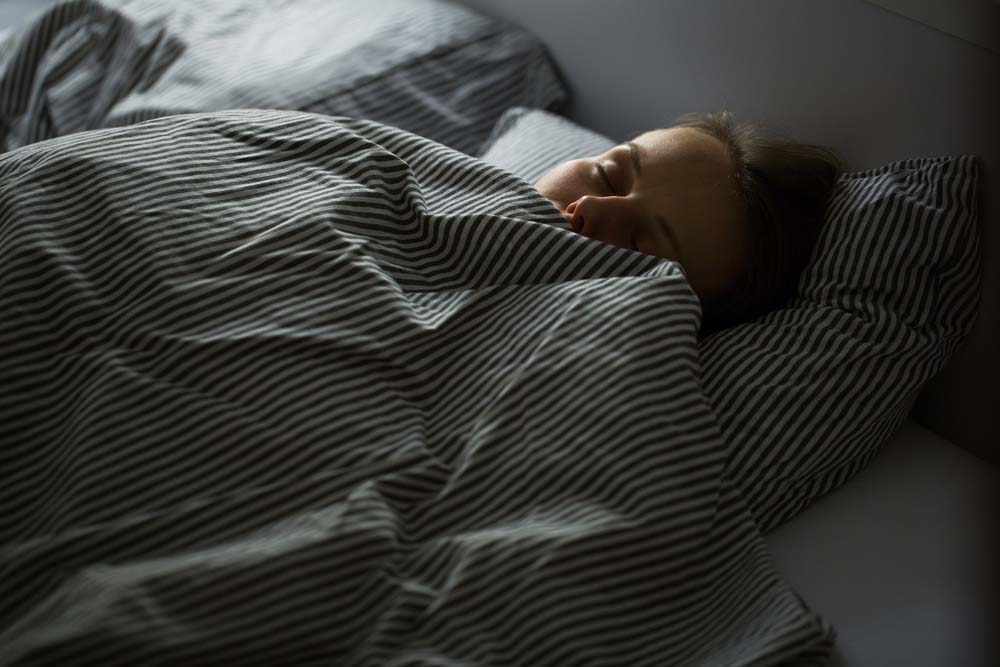We all appreciate the importance of a good night’s sleep. As leaders in the field…

Reducing CPAP Mask Skin Irritation

For people with sleep apnea, a continuous positive air pressure (CPAP) machine is a lifesaver—literally. CPAPs push air through the airway all night, preventing apnea episodes in which breathing pauses. However, the CPAP face mask may be irritating, and this irritation can be more serious with patients who have sensitive skin. Redness, sores, blemishes, blisters and rashes are not only irritating, but can be painful as well. Here are some tricks we recommend to reduce irritation from wearing a CPAP sleep mask.
Hygiene
One cause of irritation is the cushion between the mask and face moving around during sleep. A factor that causes the cushion to move could be oils in your skin. To help prevent this from happening, wash your face every night before putting on your CPAP mask. You shouldn’t put lotion on your face as it can actually have the same effect as oily skin, causing chaffing when the cushion slides around. Facial hair can affect the fit of a CPAP sleep mask. If you wear a beard or mustache and your mask fits improperly, consider trimming or shaving your facial hair.
You’ll also want to clean your mask and headgear regularly. Bacteria and other microorganisms can live on an uncleaned mask, and these can cause pimples and other sources of irritation. To clean your CPAP mask, use gentle soap and warm water or wipes designed specifically for a CPAP mask. Never use alcohol, bleach, vinegar or commercial cleaners to wash your CPAP sleep mask, as this may dry out the mask’s materials. Clean your mask daily and your headgear at least once a week. Using a humidifier with your CPAP equipment can further help to prevent drying. If you use a humidifier and still find you wake up with a dry mouth or throat, this may be sign you need to use a higher setting on your CPAP humidifier.
Mask Liner
CPAP sleep masks are typically made from silicone, which rarely causes allergies or skin irritation itself. For those who have problems tolerating silicone, or for some who simply want to make their CPAP masks fit better, a liner may be the answer. Liners that cover the face are available, although some are made to fit only around the nose.
Sizing
A significant source of irritation problems with the CPAP mask is masks that don’t fit properly. Masks can cause problems if they’re either too big or too small, so be sure your mask has been properly sized before using it. Once you have the appropriately-sized mask, you can size it further by adjusting the straps. The straps are typically designed to fit most adults – in a few cases, they may be too short to fit comfortably. In these instances, you may be able to order a custom size of strap to fit your CPAP sleep mask.
 Swollen or Irritated Eyes
Swollen or Irritated Eyes
A CPAP machine should not cause irritation or swelling around your eyes. If you experience swollen/and or irritated eyes after using the CPAP machine, it may be because of an air leak around the top of your sleep mask. Again, make sure your mask fits and is tightened properly, but not overtightened.
Signs It’s Time to Replace Your CPAP Mask
Your CPAP sleep mask most likely needs to be replaced if you notice any of the following signs:
- Cracking
- Cushion that’s worn out
- Dryness
- Stiffness
- Leaking excessively or more than it used to
- Yellowing or other discoloration
Those with obstructive sleep apnea need a CPAP mask to breathe properly and get a healthy night’s sleep, so try these tips to help to make it more comfortable if irritation is keeping you from fully utilizing your device. And remember, don’t hesitate when it’s time to replace parts of your mask to keep it operating comfortably and efficiently. Get the CPAP parts and supplies you need from Home Sleep Delivered, the experts that know sleep apnea.





